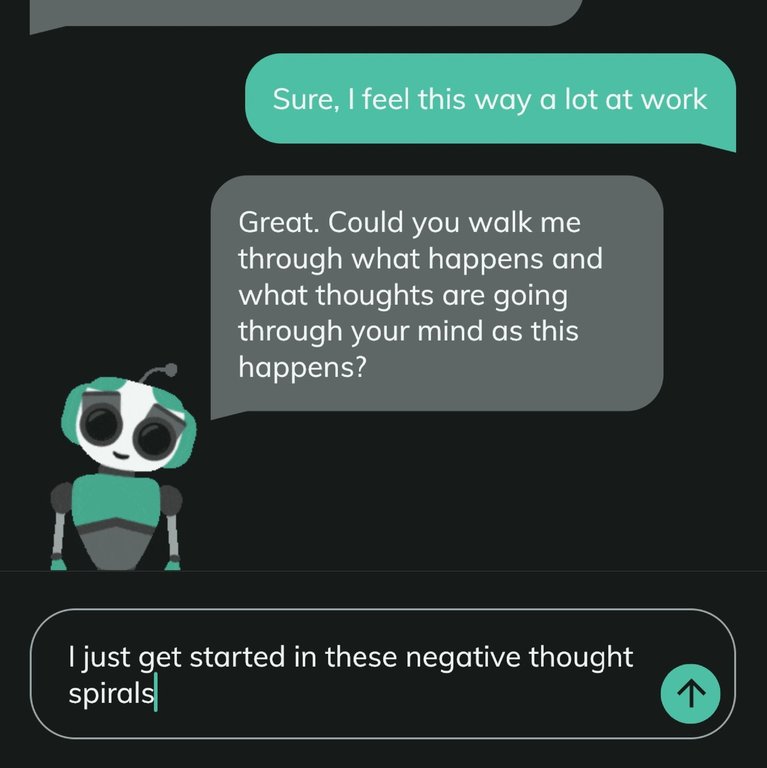Science
States Step In to Regulate AI Therapy Apps Amid Growing Use

As the use of artificial intelligence in mental health care continues to rise, various states in the United States are taking steps to regulate AI therapy applications. In the absence of stronger federal guidelines, states like Illinois and Nevada have enacted laws aimed at overseeing these digital platforms, which are increasingly being utilized for mental health advice.
These regulations, all introduced in 2023, reflect a growing concern about the potential risks associated with AI therapy applications. However, stakeholders—including app developers, mental health professionals, and policymakers—assert that the current legal landscape is insufficient to protect users or ensure accountability for harmful technologies.
Karin Andrea Stephan, CEO and co-founder of the mental health chatbot app Earkick, emphasized the urgent need for regulation. “The reality is millions of people are using these tools, and they’re not going back,” she stated.
State Regulations and Their Implications
The regulatory approaches taken by states vary significantly. For instance, both Illinois and Nevada have outright banned the use of AI for mental health treatment, imposing fines of up to $10,000 in Illinois and $15,000 in Nevada for violations. In contrast, Utah has implemented restrictions requiring therapy chatbots to safeguard users’ health information and to clearly disclose that they are not human.
Several other states, including Pennsylvania, New Jersey, and California, are in the process of developing their own regulatory frameworks. The impact of these laws on users is mixed; some applications have restricted access in states with bans, while others are awaiting clearer legal guidance. Notably, many regulations do not cover general-purpose chatbots like ChatGPT, which are often employed for therapeutic purposes despite not being marketed as such.
The Need for Federal Oversight
The Federal Trade Commission has recently announced inquiries into several AI chatbot companies, including those connected to major platforms like Instagram, Facebook, and Google. These inquiries focus on how these companies assess and mitigate the potential negative impacts of their technologies on children and adolescents. Additionally, the Food and Drug Administration is set to convene an advisory committee on November 6, 2023, to evaluate generative AI-enabled mental health devices.
Mental health professionals have voiced concerns regarding the current state of AI therapy applications. Vaile Wright, who oversees healthcare innovation at the American Psychological Association, noted that while AI applications can help address the shortage of mental health providers, many commercial products lack the scientific foundation necessary for effective treatment. “This could be something that helps people before they get to crisis,” she remarked, stressing the need for robust federal regulation and oversight.
Stephan pointed out that the rapid evolution of AI technology poses challenges for regulators. “The speed at which everything is evolving is massive,” she said, highlighting the difficulty in keeping regulations aligned with technological advancements.
Despite the push for regulation, many advocates argue that AI therapy applications cannot replace the nuanced understanding and empathy provided by human therapists. Mario Treto Jr., secretary of the Illinois Department of Financial and Professional Regulation, articulated this view, stating, “Therapy requires empathy, clinical judgment, and ethical responsibility, none of which AI can truly replicate right now.”
As the regulatory landscape continues to develop, the balance between innovation and user safety remains a critical consideration. The ongoing discussions among state regulators, mental health professionals, and technology developers will shape the future of AI in mental health care, as stakeholders work to ensure that these tools are used safely and effectively.
-

 Science3 months ago
Science3 months agoToyoake City Proposes Daily Two-Hour Smartphone Use Limit
-

 Top Stories3 months ago
Top Stories3 months agoPedestrian Fatally Injured in Esquimalt Collision on August 14
-

 Health3 months ago
Health3 months agoB.C. Review Reveals Urgent Need for Rare-Disease Drug Reforms
-

 Technology3 months ago
Technology3 months agoDark Adventure Game “Bye Sweet Carole” Set for October Release
-

 World3 months ago
World3 months agoJimmy Lai’s Defense Challenges Charges Under National Security Law
-

 Lifestyle3 months ago
Lifestyle3 months agoVictoria’s Pop-Up Shop Shines Light on B.C.’s Wolf Cull
-

 Technology3 months ago
Technology3 months agoKonami Revives Iconic Metal Gear Solid Delta Ahead of Release
-

 Technology3 months ago
Technology3 months agoApple Expands Self-Service Repair Program to Canada
-

 Technology3 months ago
Technology3 months agoSnapmaker U1 Color 3D Printer Redefines Speed and Sustainability
-

 Technology3 months ago
Technology3 months agoAION Folding Knife: Redefining EDC Design with Premium Materials
-

 Technology3 months ago
Technology3 months agoSolve Today’s Wordle Challenge: Hints and Answer for August 19
-

 Business3 months ago
Business3 months agoGordon Murray Automotive Unveils S1 LM and Le Mans GTR at Monterey









